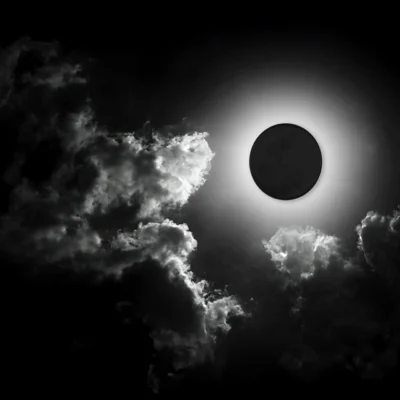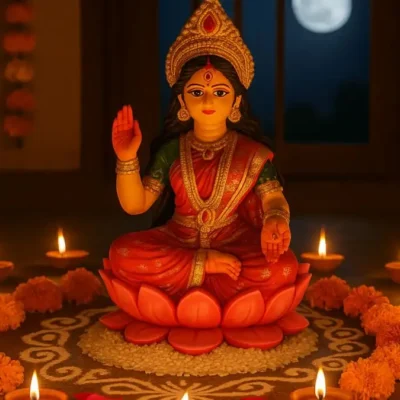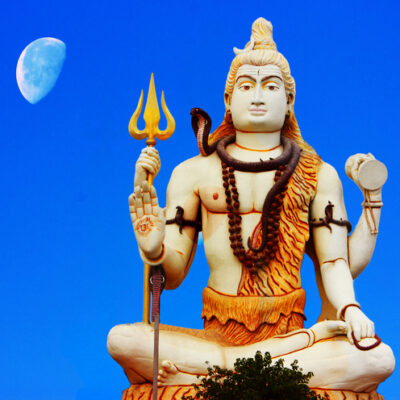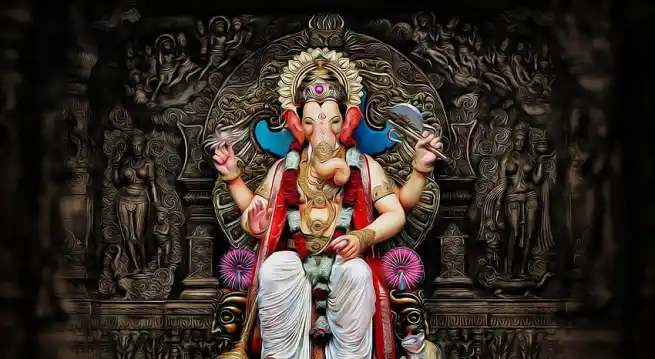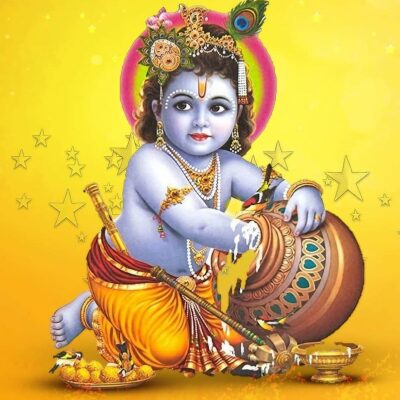Kalka Mandir, New Delhi
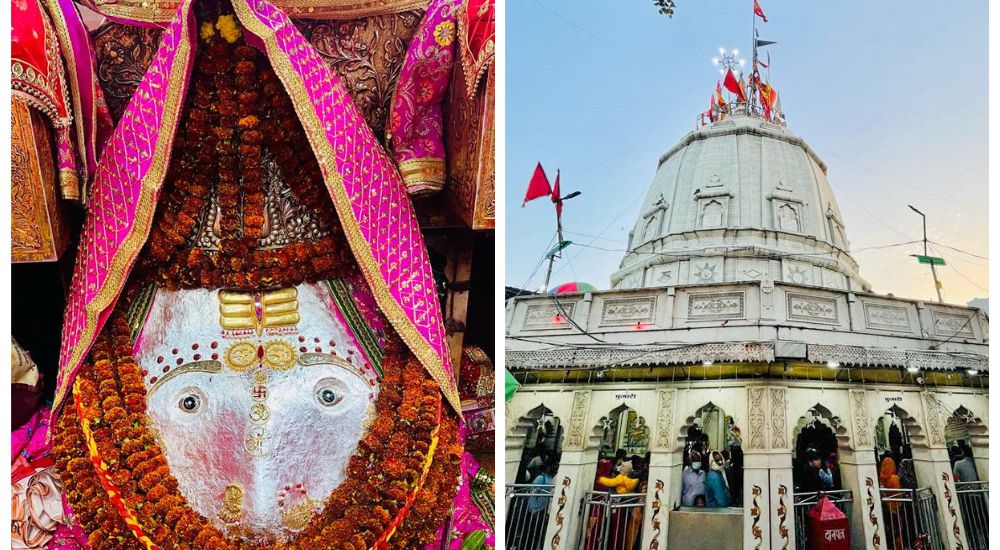
Address
Kalka Mandir, New Delhi
Metro Station, Near, Ma Anandmayee Marg, NSIC Estate,
Block 9, Kalkaji, New Delhi,
Delhi 110019
Amman
Kali
Introduction
Kalkaji Mandir is a prominent temple dedicated to Goddess Kali, located in Kalkaji, Southern Delhi, India. The locality of Kalkaji, derived from the temple’s name, is situated opposite Nehru Place and near the Okhla railway station and Kalkaji Mandir metro station. The temple is renowned for housing a self-manifested (swayambhu) image of Goddess Kali.
Puranic Significance:
- Historical Construction: While the temple’s origins are ancient, the oldest parts of the current structure were constructed in 1764 AD by the Marathas, with subsequent additions made in 1816 by Mirza Raja Kidar Nath, the Peshkar of Akbar II.
- Legendary Origins: According to legend, the goddess Kalika Devi was born at the site of the temple. The story describes a time when gods were troubled by two giants and sought help from Lord Brahma, who directed them to Goddess Parvati. From Parvati’s mouth sprang Kaushki Devi, who fought the giants. Despite her victory, the giants’ blood brought forth more giants, leading to a prolonged battle. Out of Kaushki Devi’s eyebrows emerged Maa Kali Devi, who drank the giants’ blood and secured victory. Maa Kali Devi then made her abode at this site, becoming the chief deity of the place.
- Historical Worship: During the Mahabharata era, it is believed that Lord Krishna and the Pandavas worshipped Kali at this temple during Yudhisthira’s reign. The temple was said to have been constructed by Thok Brahmins and Thok Jogians on Kali’s orders.
- Significance: The temple is also known as Jayanti Peetha or Manokamna Siddha Peetha. “Manokamna” means desire, “Siddha” means fulfillment, and “Peetha” means shrine. It is regarded as a holy place where devotees’ desires are believed to be fulfilled by the blessings of Maa Kalika Devi.
Special Features:
- Architecture: The temple is built with brick masonry, finished with plaster and marble, and features a pyramidal tower. The central chamber, a 12-sided structure with a marble floor, is surrounded by a verandah with 36 arched openings. The central arcade is adorned with two red sandstone tigers on a marble pedestal and a stone image of Kali Devi with her name engraved in Hindi, accompanied by a trident.
- Design Details: The central chamber has a unique design, with a marble-paved floor and a verandah encompassing it. The intricate carvings and inscriptions on the marble railings add to the temple’s aesthetic and spiritual significance.
Festivals:
- Navratri: The temple is a major pilgrimage site during Navratri, a nine-day Hindu festival that occurs twice a year in spring and autumn. The festival sees large gatherings of devotees, who participate in hymns, songs, and prayers dedicated to Goddess Durga. A fair is organized during these nine days, featuring various tradesmen and artisans selling handicrafts. Devotees often wait in long queues to receive the goddess’s blessings.
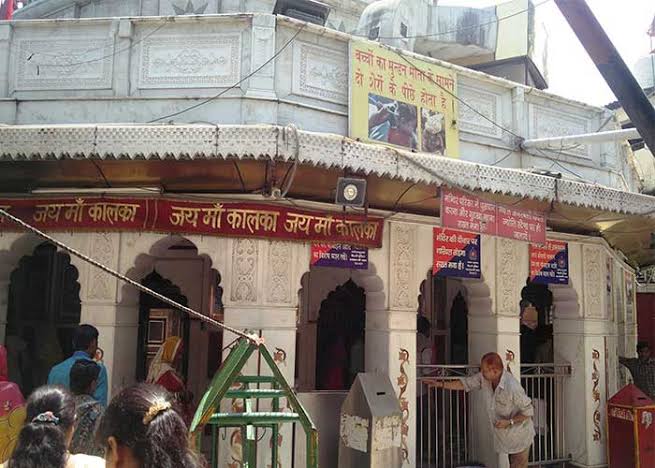
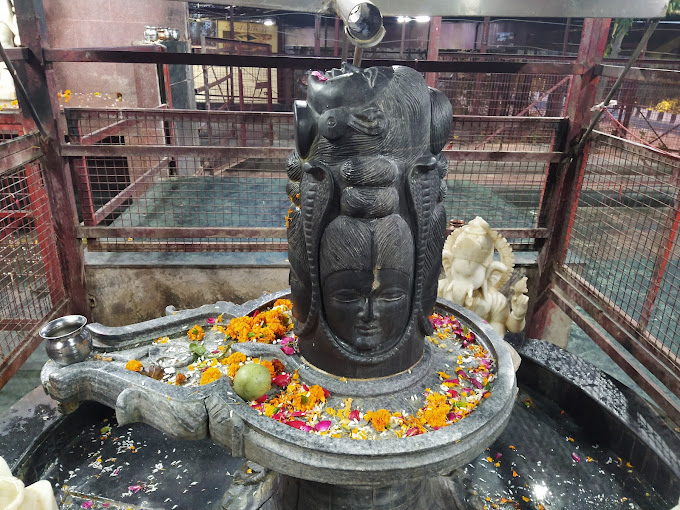
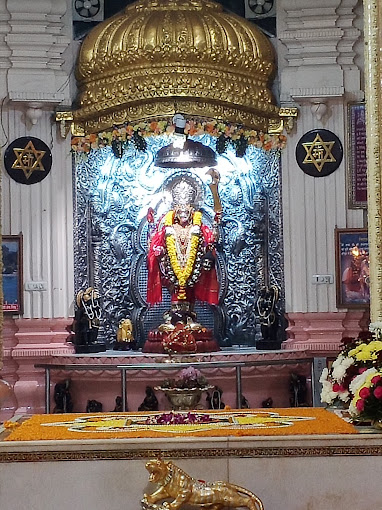
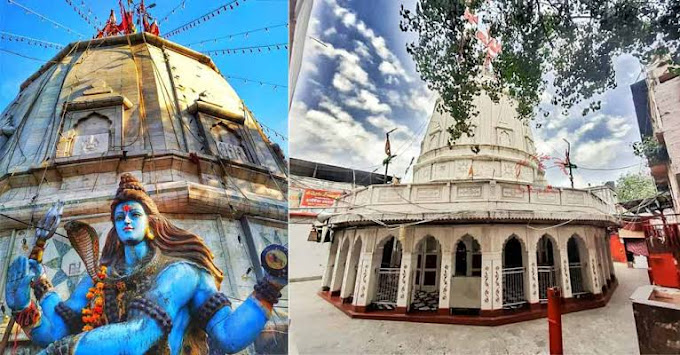
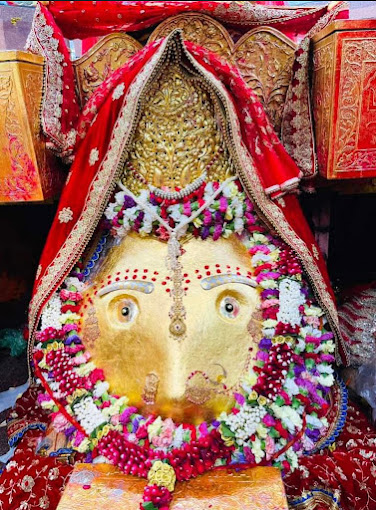
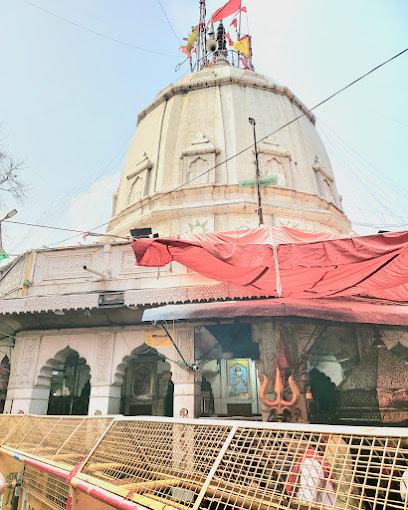

Century/Period
1764 AD
Nearest Bus Station
Kalika mandir road
Nearest Railway Station
Delhi Metro
Nearest Airport
Delhi
